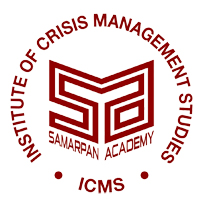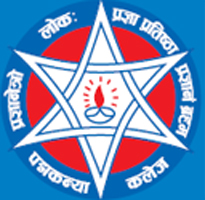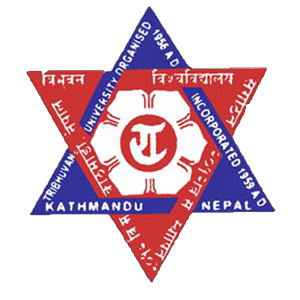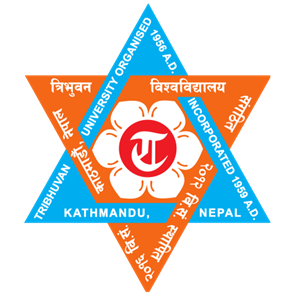Overview
Master of Arts in Psychology (MA-PSY) at K and K International College, New Baneshwor, Kathmandu
The Master of Arts in Psychology (MA-PSY) at K and K International College (K&K), New Baneshwor, Kathmandu, runs under Tribhuvan University’s Faculty of Humanities and Social Sciences. The program spans four semesters and includes theory, psychometrics, assessment, counseling/psychotherapy, practicum, and a thesis.
Students follow a clear path from core concepts to supervised practice. The college opposite the International Convention Centre (BICC) supports daily commuters, while the library, computer lab, and scheduled classrooms help you manage readings, data tasks, and presentations.
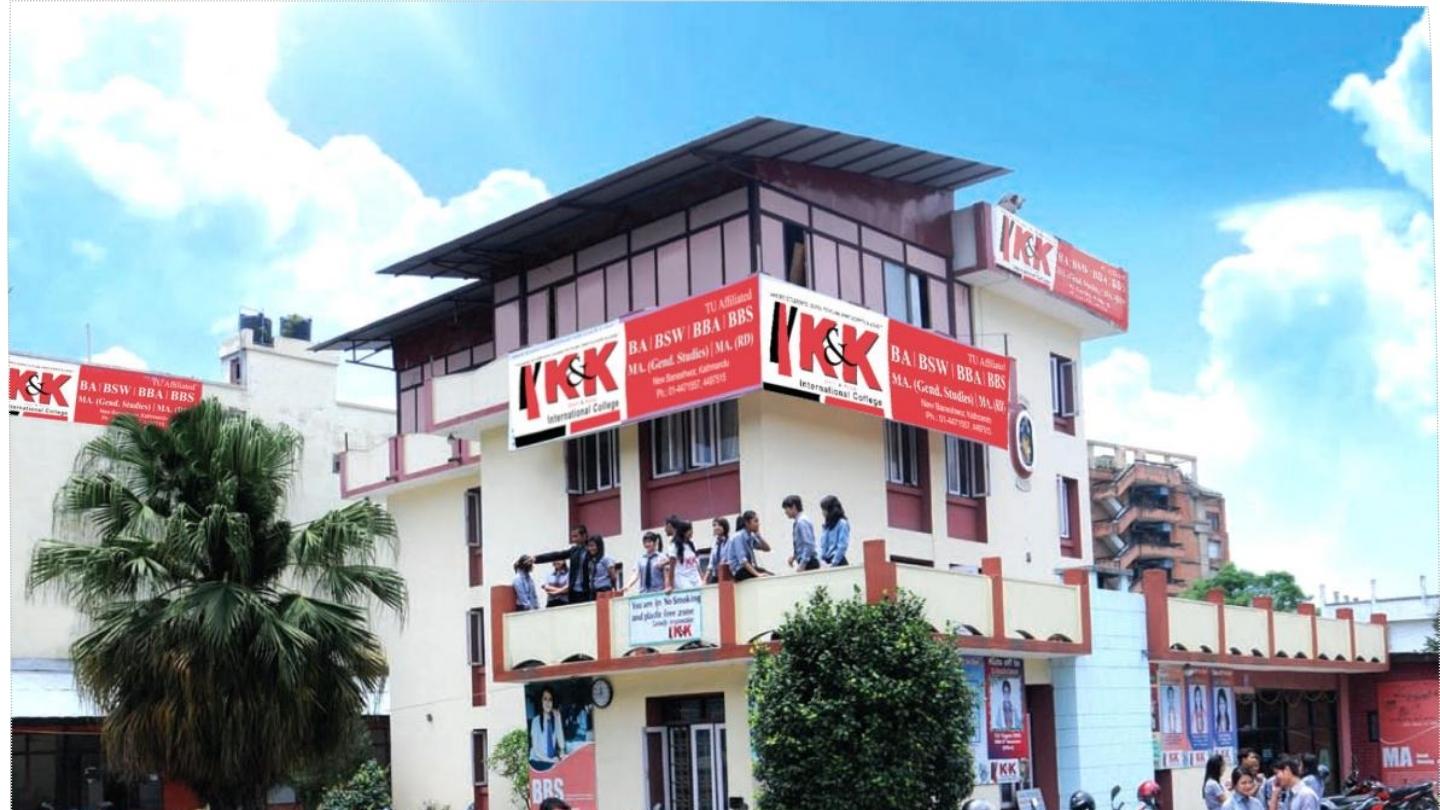
Overview
This profile gives you accurate, program-specific information to plan study and work in psychology. The MA-PSY at K&K follows Tribhuvan University rules for curriculum, evaluation, and progression. Learning builds from foundations in psychological science to applied work in assessment and counseling. Classroom tasks, practical records, and the thesis create a documented trail of skills that you can present to employers or doctoral programs.
Students who choose the clinical track complete focused courses in clinical psychology, psychopathology (child and adult), assessment, psychotherapy, and supervised practice. Seminar tasks and reflective logs train you to connect theory to case notes, session planning, and ethical documentation.
Highlights
-
Program length: Two academic years, four semesters
-
Affiliation: Tribhuvan University, Faculty of Humanities and Social Sciences
-
Academic focus: Theory, research methods (quantitative and qualitative), psychometrics, assessment, psychotherapy/counseling, practicum, thesis
-
Track: Clinical coursework and supervised practice available under TU’s structure
-
Learning mode: Classroom study, lab-based tools, case discussions, field/practicum, and thesis supervision
-
college support: Library access, computer lab, scheduled classrooms, clubs and student activities in New Baneshwor (opposite BICC)
Curriculum Details
K&K follows Tribhuvan University’s semester plan for MA-PSY. The outline below shows typical components under TU’s framework. Exact paper codes and evaluation items follow the intake notice and department schedule.
Semester I: Core Foundations
-
History and systems of psychology
-
Advanced social psychology
-
Research methodology (quantitative approach)
-
Developmental psychology
-
Cognitive psychology
Students review major schools of thought and current perspectives, then practice quantitative reasoning. Short assignments include concept maps, brief critiques of research summaries, and method write-ups that link a question to a statistical test.
Semester II: Culture, Measurement, and Health
-
Contemporary theories in psychology
-
Cross-cultural psychology
-
Research methodology (qualitative approach)
-
Applied psychometry
-
Health psychology
Classes introduce qualitative tools—interviews, focus groups, thematic notes—and reinforce careful sampling and consent. Psychometrics covers reliability, validity, norms, and test interpretation. Health psychology links behavior to prevention and care pathways. Lab time supports scoring sheets, simple databases, and short interpretation notes.
Semester III: Clinical Knowledge and Tools (Track Focus)
-
Clinical psychology
-
Biological basis of behavior
-
Psychopathology I (child)
-
Psychological assessment
-
Psychotherapy and counseling
Students learn to outline case histories, form basic formulations, and choose appropriate tools. Practical tasks cover standardized instructions, controlled timing, and neutral language. Role plays help you practice rapport building, goal setting, and brief interventions.
Semester IV: Practice, Culture, and Thesis
-
Psychodiagnostic testing
-
Psychopathology II (adult)
-
Clinical skills and professional practice (practicum/internship)
-
Psychotherapy and counseling in multicultural settings
-
Thesis
The final semester balances supervised practice with thesis milestones. Students complete case logs under supervision and prepare a thesis that documents question, method, data, and findings with correct citation and ethical steps.
Assessment pattern: Internal tasks (attendance, assignments, presentations, lab records) and end-of-semester examinations, followed by practicum evaluation and thesis defense as per Tribhuvan University rules.
Objectives
The MA-PSY aims to help students:
-
Understand advanced theories and methods in major domains of psychology.
-
Apply quantitative and qualitative tools to small data sets and case material.
-
Conduct ethical assessment and report findings in clear, neutral language.
-
Plan brief counseling goals and document session progress under supervision.
-
Complete a thesis that shows careful method, analysis, and transparent reporting.
Scope
Graduates work in roles that value assessment, documentation, and people-centered communication. Early positions appear in hospitals and clinics (under supervision), schools and college counseling units, NGOs and community programs, rehabilitation and public health projects, and research or monitoring units. Some graduates continue to MPhil or PhD tracks after building experience with clean records and faculty references.
Learning Outcomes
By graduation, students typically can:
-
Explain key concepts across social, developmental, cognitive, health, and clinical psychology.
-
Administer selected tests under supervision and produce clear scoring sheets.
-
Interpret results cautiously and relate them to case material with stated limits.
-
Draft counseling goals, session notes, and referral letters using responsible language.
-
Design a focused study, analyze data, and write a thesis chapter set that meets academic standards.
Skill Development Modules
The degree builds five steady habits: disciplined reading, careful note-making, transparent data handling, brief writing, and reflective practice. Course plans list internal tasks and deadlines so you can pace work through the term.
Micro-checklist for steady progress
-
Weekly reading log: Summarize one core reading in 250–400 words and note two questions.
-
Test practice: Rehearse standardized instructions and timing; record deviations for discussion.
-
Data habit: Enter scores the same day; double-check ranges and missing values.
-
Session documentation: Write neutral notes with date, goals, observations, and next steps.
-
Thesis rhythm: Protect two study blocks per week for proposal, tools, and draft sections.
Teaching Methodology
Classes combine short lectures, guided discussion, demonstrations of tools, and small-group activities. Lab sessions cover test administration, scoring, and record-keeping. Internal tasks may include quizzes, critique notes, case presentations, simulated interviews, and term papers. Practicum supervision focuses on ethics, confidentiality, informed consent, nonjudgmental language, and boundaries.
Faculty guide you through proposal writing, data ethics, and chapter drafts. You learn to structure a literature review, report methods clearly, and present results with clean tables and figures. Reflection notes record learning from errors and improve future sessions.
Admission Requirements
-
Eligibility: A bachelor’s degree from a university recognized by Tribhuvan University. Students from psychology or related fields are commonly considered under TU’s rules.
-
Selection: K&K follows TU procedures, which can include a college application, an entrance process as announced by the faculty/department, and a departmental interview or counseling.
-
Documents: Academic transcripts and character certificates, ID copy, recent photos, and any forms requested in the intake notice.
Before you apply
-
Collect records: Scan transcripts, ID, and photos into one folder.
-
Track notices: Note application windows, test dates, and interview schedules.
-
Prepare a one-page note: State your area of interest (e.g., child assessment, school counseling, health psychology) and a tentative thesis question.
Career Opportunities
Entry roles vary by setting and supervision requirements. Typical pathways include:
-
Hospitals/clinics: Assistant roles in assessment or counseling support under licensed supervision.
-
Schools/colleges: Counseling support, psychoeducation sessions, and referral coordination.
-
NGOs/public health: Program officer or research assistant for mental health and psychosocial projects.
-
Research/M&E units: Data collection, scoring, coding, and short reports tied to study protocols.
-
Corporate/HR: Well-being initiatives, training support, and documentation of program sessions.
Recruiters look for accurate records, punctuality, and clear communication. The practicum file and thesis provide writing samples and evidence of method.
Scholarships and Financial Aid
Scholarship information appears during the admission window. Categories can include merit and need-based options under published rules. Prepare citizenship or ID, academic records, and any supporting letters that the notice requests. Deadlines follow the intake calendar, so early submission helps.
Why Choose This Course?
Students who want a structured route into assessment and counseling practice find MA-PSY steady and practical. The semester rhythm moves from foundations to measurement, then to applied work in clinical settings and thesis writing. The New Baneshwor college near BICC helps commuters keep a consistent schedule. Library access, computer lab time, and scheduled classrooms support reading, scoring practice, analysis, and on-time submissions.
Conclusion
The MA-PSY at K&K follows Tribhuvan University’s framework from classroom work to supervised practice and thesis completion. You learn advanced theory, practice test administration, document sessions responsibly, and write a thesis that shows method and results. If you keep steady attendance, plan weekly tasks, and protect time for reflection and drafts, you finish with a file of clean records—scoring sheets, case notes, tables, charts, and chapters—that supports both employment and future study.
FAQ
What is the duration of the MA-PSY at K&K?
Two academic years across four semesters under Tribhuvan University.
Does the program include supervised practice?
Yes. Students complete practicum requirements with supervision and submit session logs and evaluation records.
What kinds of tests do students learn to administer?
Selected tools appropriate to the syllabus and supervision, with training in standardized instructions, scoring, and cautious interpretation.
How is the thesis structured?
The thesis includes proposal approval, data collection, analysis, draft chapters, revisions, and a final defense or presentation as per TU rules.
Which habits support success in this program?
Consistent reading, careful note-making, same-day data entry, neutral documentation, and weekly thesis blocks.


